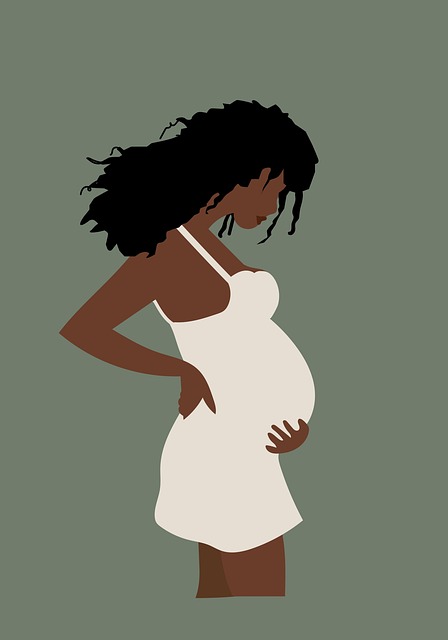Meet Samira, who has successfully navigated three egg donation procedures and hopes to raise awareness about the underrepresentation of black egg donors in the UK. Samira is eager to share their experience to inspire others in similar situations.
Samira’s Journey
Samira’s journey began during their college years. Now 26 and residing in London, they reflect on their childhood when their younger sister arrived at home while they were just six. Although they were asleep during the birth, meeting their sister made Samira ponder their future desires for parenthood.
Fast-forward a decade, while enjoying a sunny day in a park, Samira was chatting with a friend about alternative ways to have children without carrying them. “We started discussing how we could help others by donating our eggs,” Samira recalls. A quick search for “egg donation” led them to TFP Boston Place Fertility, conveniently located nearby. “It was the first clinic I found, and I decided to give it a shot,” they say.
The Egg Donation Process
After reaching out for more information, Samira was invited to the clinic. Walking through the door filled them with nerves, especially seeing other patients waiting. But the realization that their decision could profoundly impact others gave them a sense of purpose.
Egg donors must meet specific criteria, such as being between 21 and 36 years old, maintaining a BMI between 18 and 35, and being a non-smoker. Samira recalls their initial health check and the implications counseling session, where they discussed their motivations for donating and the possibility of being contacted in the future. “It was reassuring because I’m open to that idea,” Samira shares.
They have now donated three times and feel well-supported by the TFP team. “The process is pretty easy for me,” Samira explains, describing the self-injections they take to stimulate egg growth. “Sometimes the hormones make me emotional, like when I see a cute couple on the bus—I might just tear up!” Their friends have learned to anticipate these mood swings.
The Collection Experience
The egg collection itself was less daunting than anticipated. Samira was initially apprehensive about the sedation but found it manageable. “You’re not fully under, just asleep for the procedure, and then you rest for a bit before heading home,” they explain. So far, Samira has donated 41 eggs and even learned that one resulted in a baby boy, now four years old. “I celebrate his birthday every year with my friends!”
Balancing Life and Donation
As an experienced donor, Samira recognizes the need for flexibility in balancing their role with their job as a personal assistant in the arts. They hope to continue donating, especially for those seeking to create families that reflect their backgrounds. Cultural perceptions can sometimes deter people of color from donating. “In the black community, there can be a stigma attached to giving away a part of yourself,” they explain. This hesitance contributes to the lack of diversity among donors.
Statistics from the HFEA indicate that ethnic diversity among donors is still limited, with white individuals making up the majority. “With rising demand for egg donors, it’s crucial for people from all backgrounds to donate so that everyone can build the families they desire,” Samira emphasizes.
Encouraging Open Conversations
Samira encourages open conversations about egg donation within the POC community. “Having supportive families makes a big difference,” they note, sharing that their own mother is proud of their contributions. The privilege of raising a child that reflects one’s ethnicity is significant, and people of color often find themselves with fewer options.
To help normalize the conversation, Samira has shared their story on social media—prompting friends to inquire about the process. In fact, one friend went on to donate, reporting a smooth experience. “She just had a little period-like discomfort afterward but is thrilled she did it!” Samira concludes, “I may not want kids myself, but I’m glad I can help others achieve their dreams of parenthood.”
Conclusion
In summary, Samira’s story highlights the importance of representation in egg donation and encourages open discussions within communities of color. By sharing their journey, they hope to inspire others to consider donating and to help families grow.
For more insights on bonding and other important topics, check out this post.

